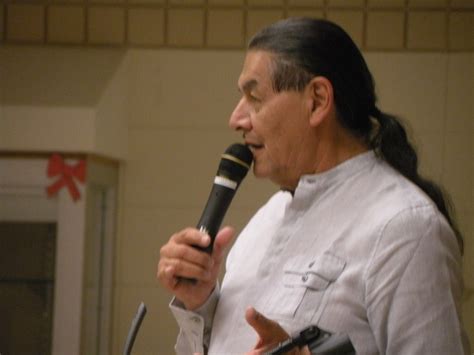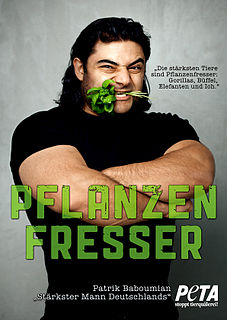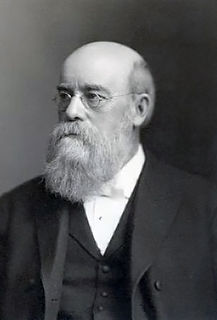A Quote by Yvette Nicole Brown
Christ's strength is manifest in our weakness, so if we had everything together there would be no need for Him.
Related Quotes
As the strongest faith may be shaken, so the weakest, where truth is, is so far rooted that it will prevail. Weakness with watchfulness will stand, when strength with too much confidence fails. Weakness, with acknowledgement of it, is the fittest seat and subject for God to perfect His strength in; for consciousness of our infirmities drives us out of ourselves to Him in whom our strength lies.
Confronting our feelings and giving them appropriate expression always takes strength, not weakness. It takes strength to acknowledge our anger, and sometimes more strength yet to curb the aggressive urges anger may bring and to channel them into nonviolent outlets. It takes strength to face our sadness and to grieve and to let our grief and our anger flow in tears when they need to. It takes strength to talk about our feelings and to reach out for help and comfort when we need it.
God does not need your strength: he has more than enough of power of his own. He asks your weakness: he has none of that himself, and he is longing, therefore, to take your weakness, and use it as the instrument in his own mighty hand. Will you not yield your weakness to him, and receive his strength?
Weakness and strength are necessary for balance. No one or nothing is only weak or only strong. But some of us overlook our weaknesses, and even deny that we have them. That can be dangerous, because denying there is a weakness is in itself a weakness. Likewise, accepting that we have weaknesses becomes a strength. And by the same token, overestimating strength is a weakness. You should not be blinded by your strengths. The feeling of strength is not the same as having strength. Neither should you ignore your weaknesses. Know them well, too.
Strength must build up, not destroy. It should outdo itself, not others who are weaker. Used without responsibility, it causes nothing but harm and death. I can lift the heaviest weights, but I can not take the responsibility off my shoulders. Because the way we use our strength defines our fate. What traces will I leave on my path into the future? Do we really have to kill in order to live? My true strength lies in not seeing weakness as weakness. My strength needs no victims. My strength is my compassion.
If you were good enough, there would be no need of confessing Christ at all. It is just because you are not good enough, that Christ says to you, "Follow me." He came not to call the righteous, but sinners to repentance. It is not the perfect people whom He wants in His church, but those who have a deep sense of their own imperfection, and who believe that His strength is made perfect in weakness.
Christ had no interest in gathering vast crowds of professed adherents who would melt away as soon as they found out what following Him actually demanded of them. In our own presentation of Christ's gospel, therefore, we need to lay a similar stress on the cost of following Christ and make sinners face it soberly before we urge them to respond to the message of free forgiveness. In common honesty, we must not conceal the fact that free forgiveness in one sense will cost everything.
If God had perceived that our greatest need was economic, he would have sent an economist. If he had perceived that our greatest need was entertainment, he would have sent us a comedian or an artist. If God had perceived that our greatest need was political stability, he would have sent us a politician. If he had perceived that our greatest need was health, he would have sent us a doctor. But he perceived that our greatest need involved our sin, our alienation from him, our profound rebellion, our death; and he sent us a Savior.
His gaze burned into mine, like he could see past my eyes into parts of me no one had ever seen, and I knew I was seeing the same in him. No one else had ever seen him so vulnerable before, like if I pushed him away, he might crumble into pieces that could never be put together again. Yet there was strength, too. He was strong beneath that fragile need, and I knew that I could never fall with him next to me. If I tripped, he would catch me. If I lost my balance, he would find it.
If we would be sanctified, our course is clear and plain—we must begin with Christ. We must go to him as sinners, with no plea but that of utter need, and cast our souls on him by faith, for peace and reconciliation with God.... If we would grow in holiness and become more sanctified, we must continually go on as we began, and be ever making fresh applications to Christ.




































